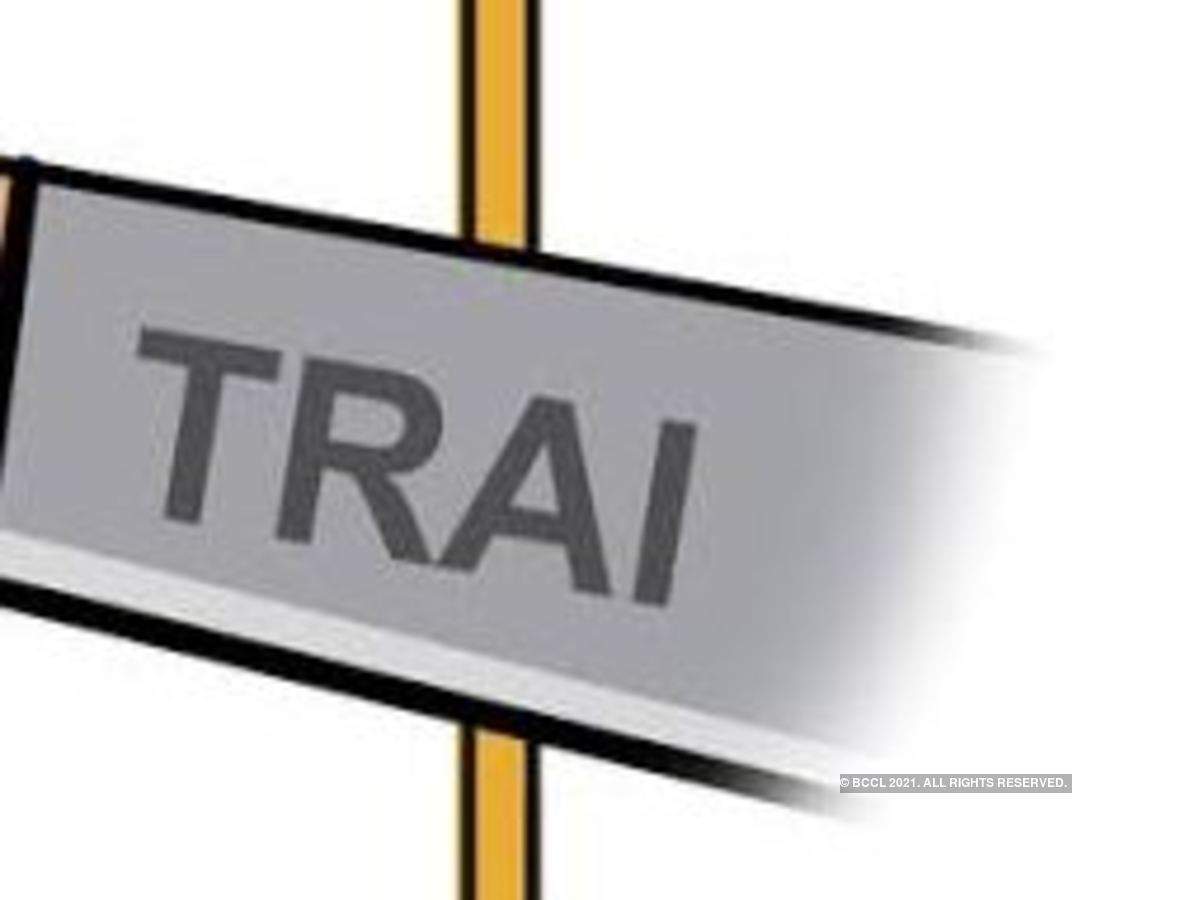
Hardening its stance on the difficulty, the Telecom Regulatory Authority of India (TRAI) warned that defaulting entities ought to adjust to the stipulated necessities by March 31, 2021 “to keep away from any disruption within the communication with clients” from April 1, 2021.
“As adequate alternative has been given to principal entities/ telemarketers to adjust to the regulatory necessities and that the customers can’t be disadvantaged of the advantages of the regulatory provisions any additional, due to this fact it has been determined that from April 1, 2021, any message failing within the scrubbing course of resulting from non-compliance of regulatory necessities can be rejected” by the system, TRAI mentioned in a press release.
TRAI’s norms for industrial messages, based mostly on blockchain know-how, goal to curb unsolicited and fraudulent messages.
The norms require bonafide entities sending industrial textual content messages to register message header and templates with telecom operators. The SMSes and OTPs, when despatched by consumer entities (banks, fee firms and others), are checked in opposition to the templates registered on the blockchain platform — a course of referred to as SMS scrubbing.
TRAI has analysed the scrubbing information and reviews submitted by the telecom service suppliers and likewise held a gathering with telemarketers/ aggregators on March 25, 2021.
“It has been knowledgeable that Principal Entities together with main banks like State Bank of India, HDFC Financial institution, Punjab National Bank, Axis Financial institution and so forth will not be transmitting necessary parametres like content material template IDs, PE IDs and so forth. even in these circumstances the place content material templates have been registered, whereas sending such messages to telecom service suppliers for supply,” TRAI mentioned.
The regulator, on analysing the circumstances of failure of messages resulting from scrubbing, discovered that numerous principal entities and telemarketers will not be fulfilling regulatory necessities.
Within the absence of those crucial parameters, the messages are sure to be rejected by the system in the course of the scrubbing course of.
TRAI has launched an inventory of 40 “defaulter” principal entities which incorporates massive banks like Bank of Baroda, Financial institution of India, ICICI Financial institution, and large names like Reliance Retail Ltd, and Samsung India Electronics Pvt Ltd.
Others within the listing embrace Life Insurance coverage Company of India and Nationwide Inventory Change of India Ltd.
Individually, TRAI has additionally issued an inventory of 40 “defaulter telemarketers”.
“Enough time has already been given to the Principal Entities/ telemarketers and different entities to adjust to the regulatory framework. Nonetheless, it seems that few entities will not be solely detached but additionally not critical sufficient in complying with the provisions of the rules thereby inflicting inconvenience to clients,” the TRAI assertion mentioned.
This “mustn’t and can’t” be allowed to proceed, it asserted.
Enforcement of TRAI rules is significant as supply of non compliant messages permits fraudulent miscreants to conveniently misuse the message supply system for dishonest and defrauding clients, it contended.
TRAI mentioned entities concerned in sending out bulk industrial messages ought to fulfil regulatory necessities.
It urged regulatory our bodies like RBI, SEBI, IRDA, central and state authorities departments and different institutions to “impress upon Principal entities” underneath their jurisdiction to comply with the regulatory necessities strictly.
Earlier this month, transactions, together with banking, bank card fee and sure different companies that contain SMSes and OTP era, had confronted an main outage when telcos carried out the TRAI norms for industrial messages, with out the balancing measures in place by principal entities (entities that ship out bonafide bulk, industrial messages).
Following the disruption, TRAI has given a short lived breather to such firms, however had insisted that they take fast measures to adjust to the norms.






